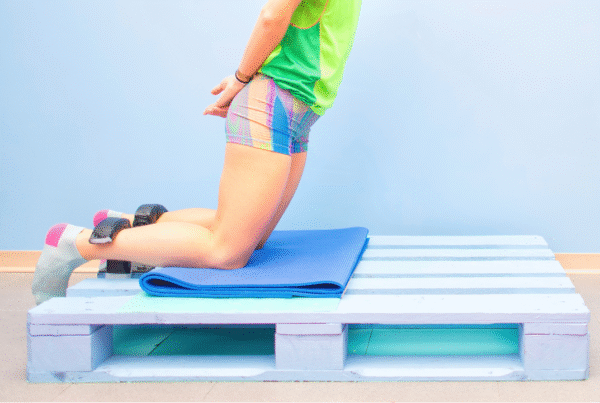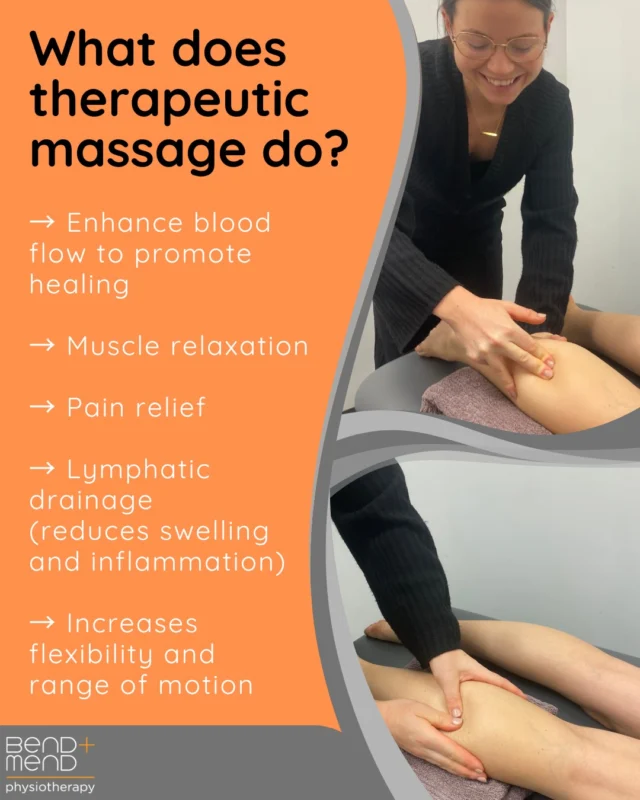Endometriosis is a condition that affects 10-15% percent of women in Australia. Women often report symptoms of fatigue, painful menstruation, heavy bleeding, pain with intercourse and pelvic floor dysfunction. While some women experience mild symptoms, others report significant discomfort and impact on their quality of life.
The gold standard for diagnosing endometriosis is to have a laparoscopy. This procedure uses a small telescope to assess the pelvis and abdomen. With a close-up view of the tissue and biopsy, the surgeon can see if there is a growth of the endometrial cells outside of uterus. This growth can lead to the symptoms of pain, urinary frequency and infertility.
Unfortunately, the average diagnostic time is seven years, so many women experience long periods of pain without a clear answer of the cause or treatment. Endometriosis can lead to scaring and adhesions around the uterus, bladder and rectum. As the body experiences these high pain levels muscles around the pelvis can spasm creating increased sensitivity of the pelvic floor beyond the affected tissues.
Treatment is individualised and can include pain relief medication, hormone treatment to suppress the menstrual cycle, or laparoscopic surgery to remove the endometriosis. However, even with treatment pain and discomfort can persist.
Pelvic floor physiotherapy can play a significant role in treating women and managing pelvic pain. During the consultation, your Physiotherapist gathers a comprehensive history to create a timeline of when pain started, how it’s been managed and other contributing issues including healthy bladder and bowel function. They will also check your pelvic floor and assess your muscular control. Many women with endometriosis experience habitual holding patterns of the pelvic floor and a reduced capacity to relax their muscles.
Treatment includes education on pain management, reducing local tissue spasm, stretching for pelvic floor, motor control activities, as well as tools for optimising bladder and bowel health. Endometriosis can take time to manage but treatment aims to reduce pain levels and increase quality of life.
If you would like to see a Physiotherapist for any Women’s Health condition book in to see Meredith at Bend + Mend Martin Place in Sydney’s CBD for an experienced and caring look into how a Physio can help.
References:
https://www.endometriosisaustralia.org/about-endo
AP Dos Bispo, C Ploger, AF Loureiro, et al. Assessment of pelvic floor muscles in women with deep endometriosis. Arch Gynecol Obstet. 2016;294(3):519-23.
C Allaire, T Aksoy, M Bedaiwy, et al. An interdisciplinary approach to endometriosis-associated persistent pelvic pain. Journal of Endometriosis and Pelvic Pain Disorders. 2017;9(2):77-86.





